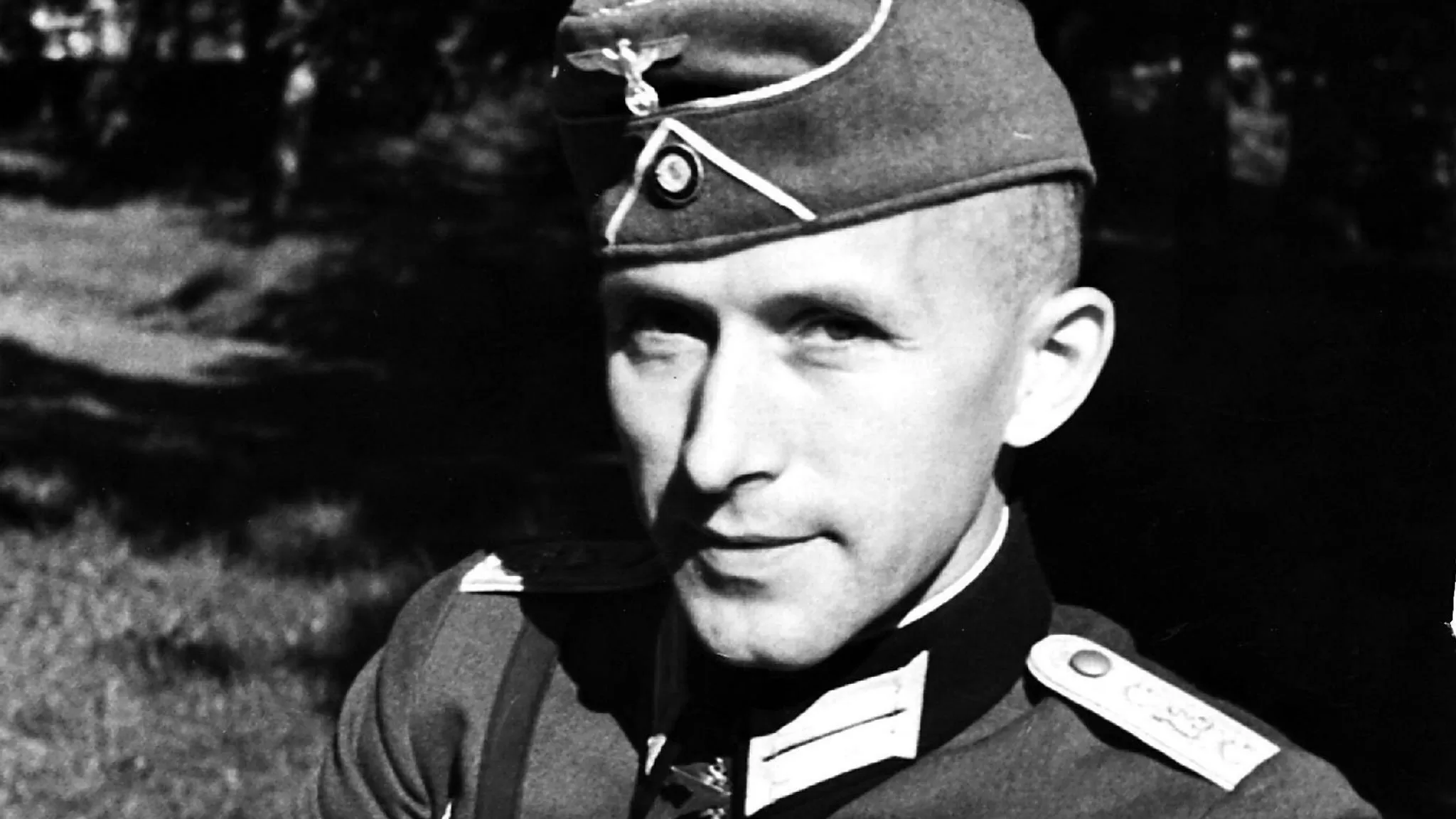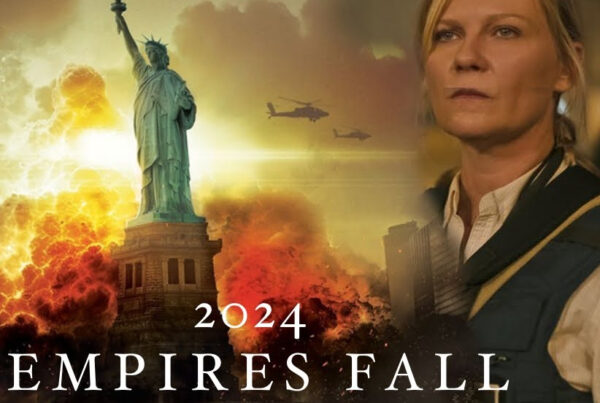Ernst Jünger is the most illustrious author among the German modernists; his literature and political fate is the classical symbol of everything avant-garde, living, and non-conformist in twentieth-century European culture. A participant in and witness of two world wars, one of the main theoreticians of the German Conservative Revolution in the 1920s and 30s, the inspiration for National Socialism, a dissident ‘from the right’ after Hitler’s rise to power, disgraced under Nazi totalitarianism and submitted, despite the fact, to ostracism by the victors during the period of ‘denazification,’ someone who was able, in the depth of his thought and talent, to overcome the preconceptions of the ‘democrats’ — Jünger is rightfully judged today as the emblem of the twentieth century, the voice of feelings belonging not only to the ‘lost generation,’ but to the ‘lost century,’ full of a passionate, dramatic struggle for the final sacred throes of national life against the suffocating profanity of universal, technocratic modernity.
Jünger authored several novels, essays, and stories. He was many-sided, complex, sometimes even self-contradictory and paradoxical. But the main theme of his art was and remains the ‘Worker’ — a central, almost metaphysical character who, either explicitly or latently, makes his presence felt in all of the author’s works. It is not by accident that his most famous and conceptual book, which he edited and rewrote over the course of his entire life, is called The Worker [Der Arbeiter].
The ‘Worker’ is the central type of all those political, artistic, intellectual, and philosophical movements which, despite their variety, were united in the concept of ‘Conservative Revolution.’ The ‘Worker’ is the main character of this Revolution, its subject, its existential and aesthetic core. We are speaking here of a certain kind of modern man who, through an extreme critical experience of profane reality, sunk into the very heart of the soulless technocratic mechanism, the iron innards of total war or hellish industrial labor, in the center of the nihilism so characteristic of the twentieth century, observes within himself a secret buttress which leads him beyond ‘nothingness’ toward the elements of a spontaneously awakened inner sacrality. Through an intoxication of ‘modernity,’ Jünger’s ‘Worker’ attains the gleaming immobility of the Pole, the crystalline cold of objectivity in which both Tradition and the Spirit appear, but not as something old or ancient – as something Eternal, an eternal return to the timeless Source. The ‘Worker’ is neither a conservative nor a progressive. He is neither a defender of the old nor an apologist for the new. He is the Third Hero, the Third Imperial Figure (as Niekisch would have it), the new Titan in whom, through an extreme concentration of modernism, in its most poisonous and traumatic forms, through the chaos of industry and the war front, a certain transcendent dimension opens up that mobilizes him toward a metaphysical, existential feat.
The ‘Worker’ is represented by the people of the trenches and factories, the ‘asphalt nomads,’ deprived of any inheritance in technocratic civilization, answering the call of a spread-eagle reality and accumulating in their souls special energies which will allow for a great uprising; this uprising will be as cruel and objective as the aggression meted out by the bourgeois-industrial environment.
Ernst Jünger created the politico-ideological concept of ‘total mobilization,’ which became the theoretical and philosophical basis for many conservative-revolutionary movements.
‘Total mobilization’ refers to the necessity of a nation’s universal awakening for the sake of building a new civilization, in the center of which the Heroes and Titans are revered; it is these figures which carry the flame of National Revolution, born in an act of will from the abysses of social alienation.
But, in Jünger’s conception, the total mobilization of the masses, the nation, and the folk is based upon a certain unique existential experience without which the Revolution will either be reduced to materialist degeneration or will be ‘recuperated’ by the inertial Pharisee-conservatives. And so, the existential dimension takes priority in Jünger’s art, providing an entire gallery of images depicting the ‘third hero’ (as in the novels Storm of Steel, The Adventurous Heart, On the Marble Cliffs, The Forest Passage, and Heliopolis), as he walks the path of inner Revolution, studying the most extreme forms which carry the greatest risk — war, mysticism, narcotics, eroticism, and borderline psychological states. Nietzsche’s formula, in which he states that “that which doesn’t kill me makes me stronger,” is Ernst Jünger’s credo in both literature and life. Like his heroes, he calmly sips champagne in Paris amidst exploding bombs and panicked human droves. Author and literary hero combined, Jünger passes the terrible twentieth century in ‘mobilization’ and ‘labor’ as a prophet, calm and convinced by his limitless pain as he tells of the Titan in its process of birth, of the coming maker of Gods.
Jünger reached the age of 100 in 1995. But time holds no sway over his crystalline reason and blinding talent. Recently, in a letter addressed to Christopher Gérard, editor of the Belgian journal Antaios, Jünger wrote: “The twenty-first century will be the age of Titans, and the twenty-second will be the age of Gods.”
These words contain a brief résumé of modernity’s greatest writer, the ‘worker’ and hero Ernst Jünger.









